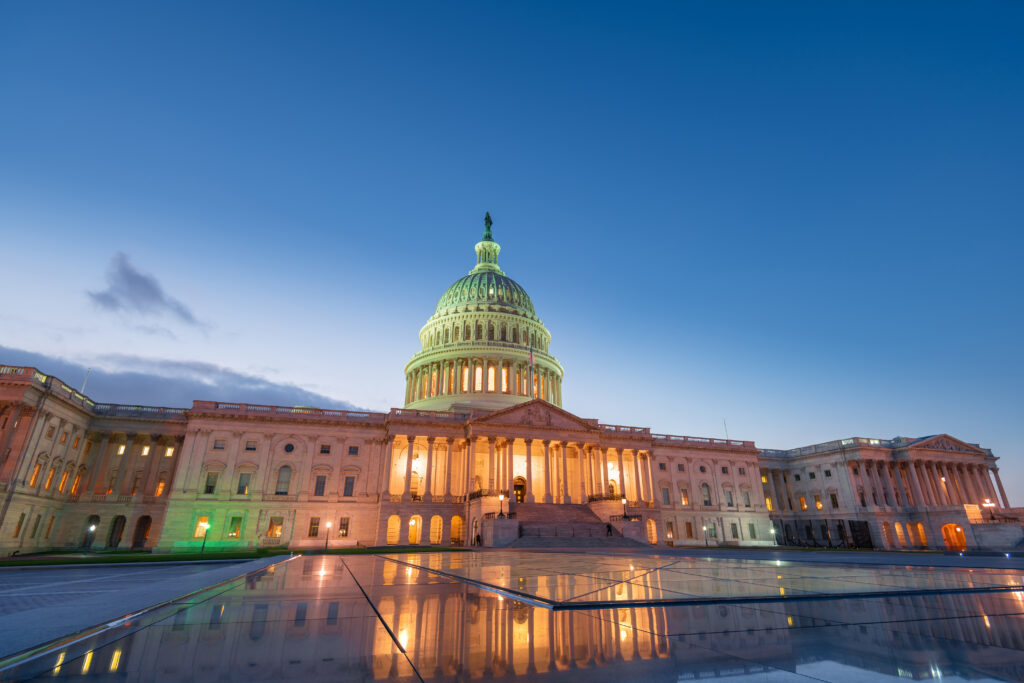
Following Tax Credit Expiration, A Flurry of Movement Around the PPACA Marketplace
Following Congress’s recent failure (or success, depending on your political leanings) in not extending expiring tax subsidies for Patient Protection and Affordable Care Act (PPACA)





















